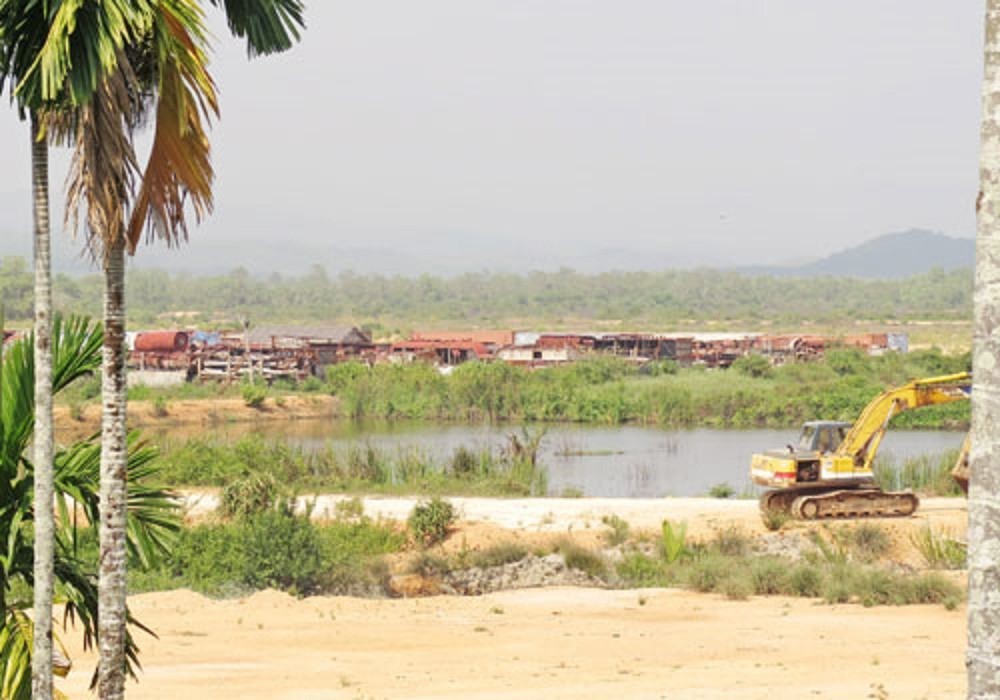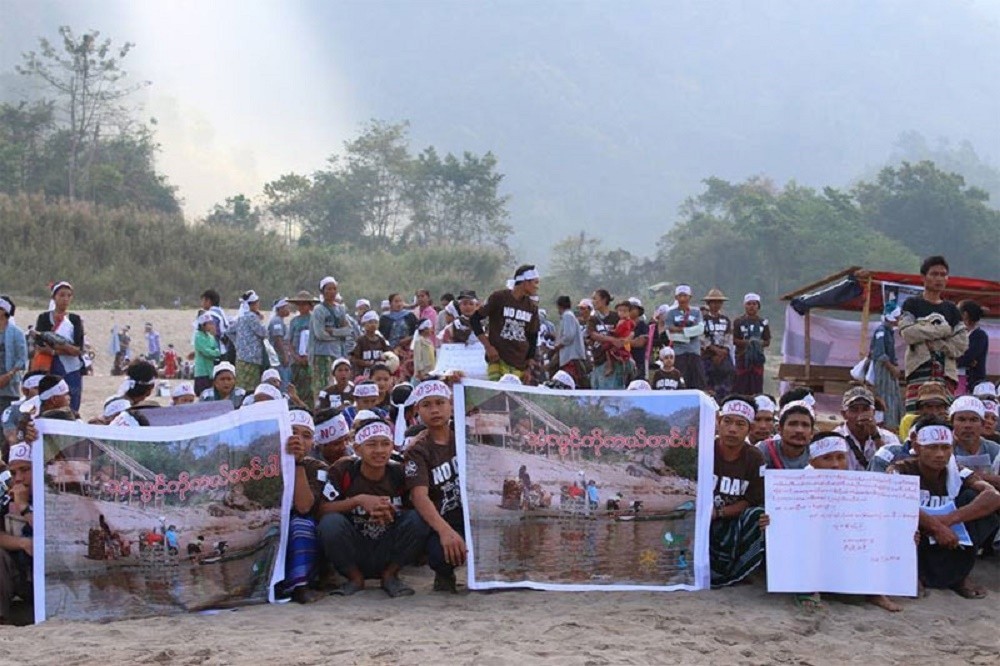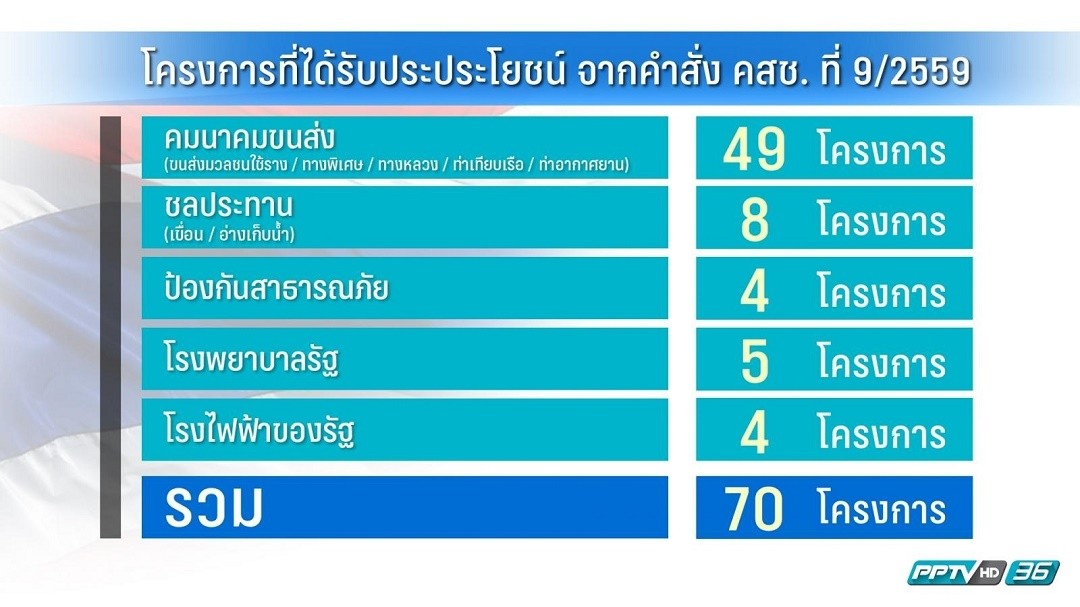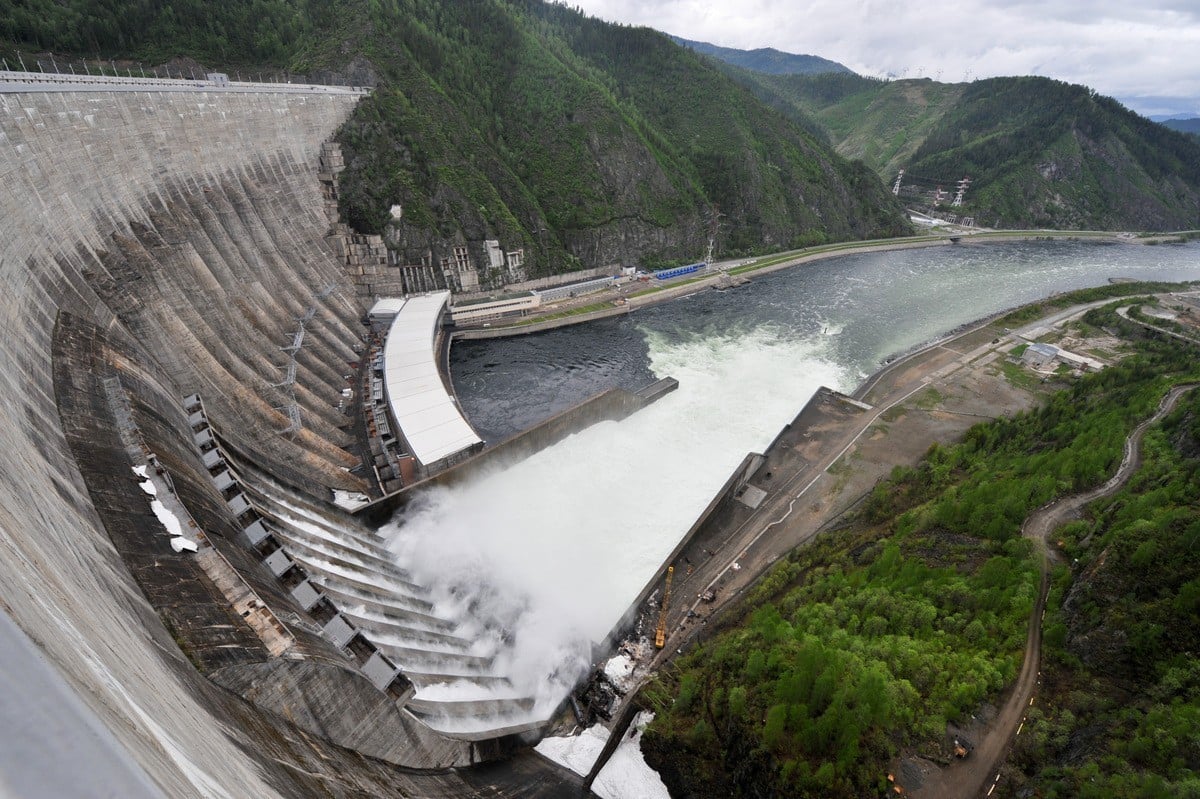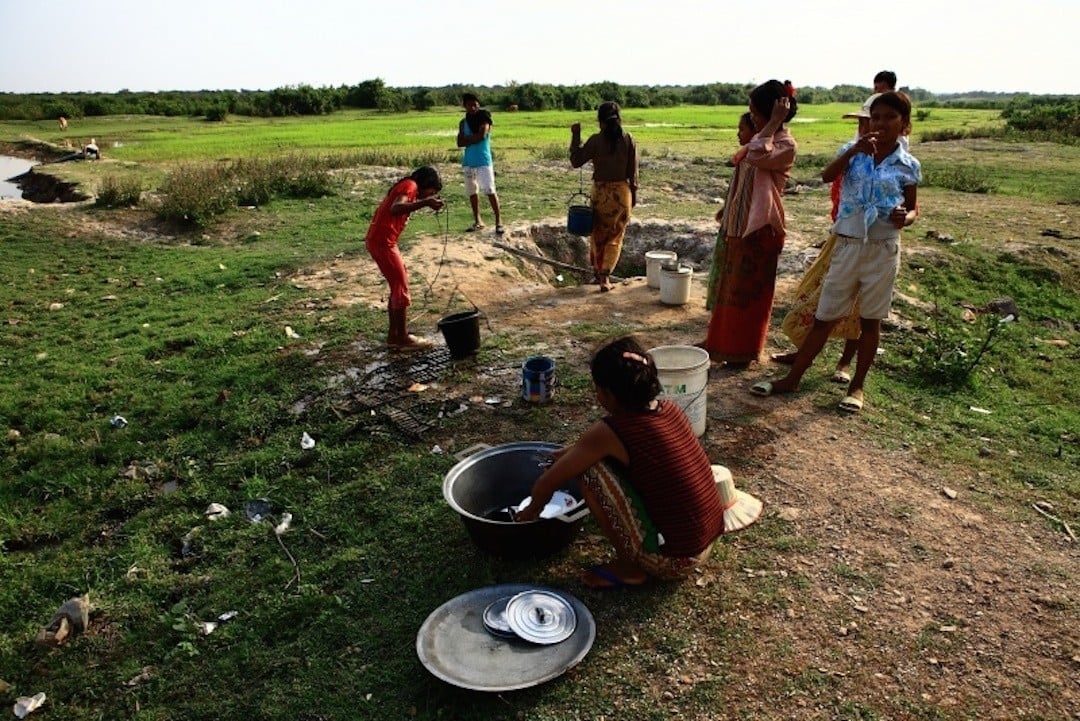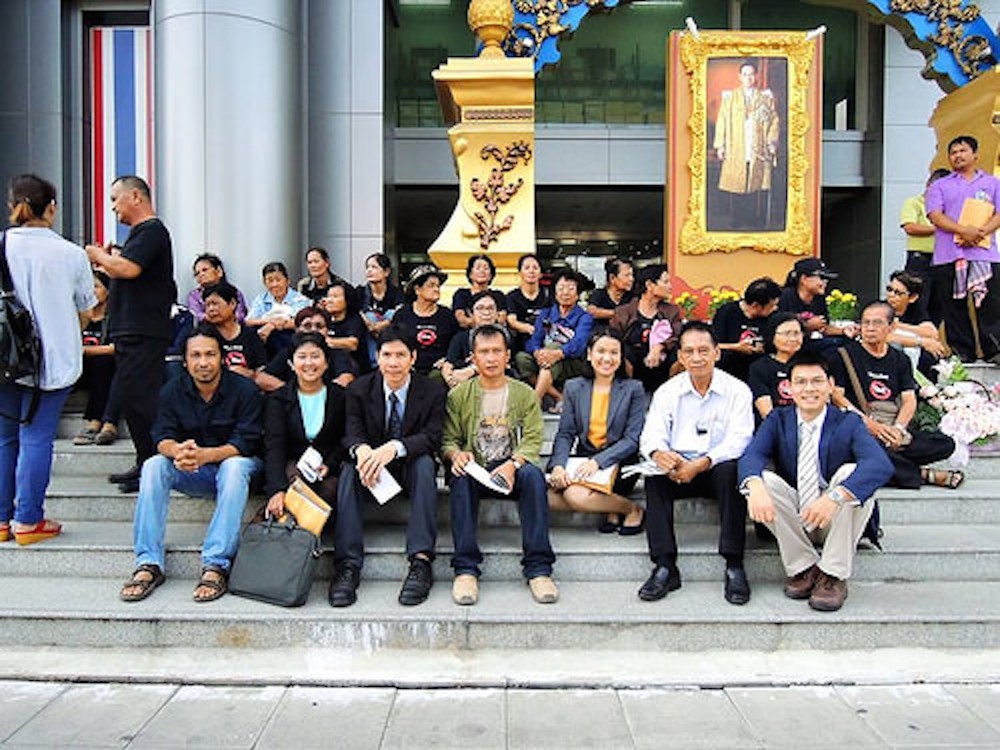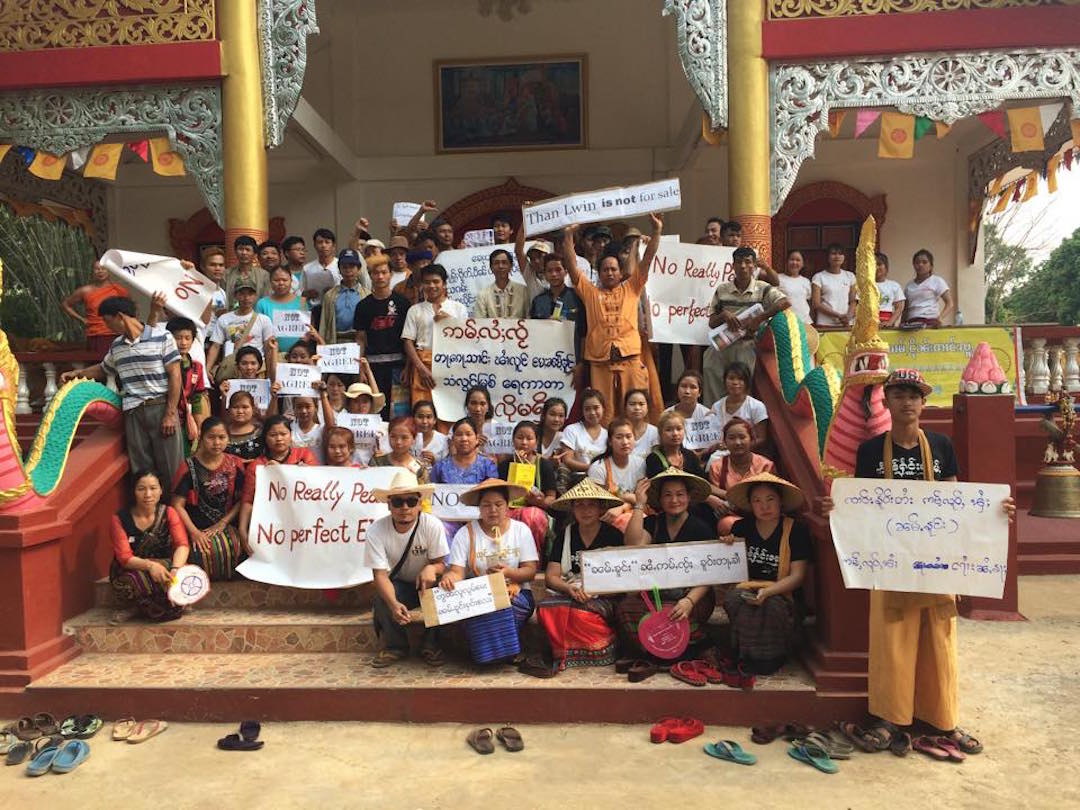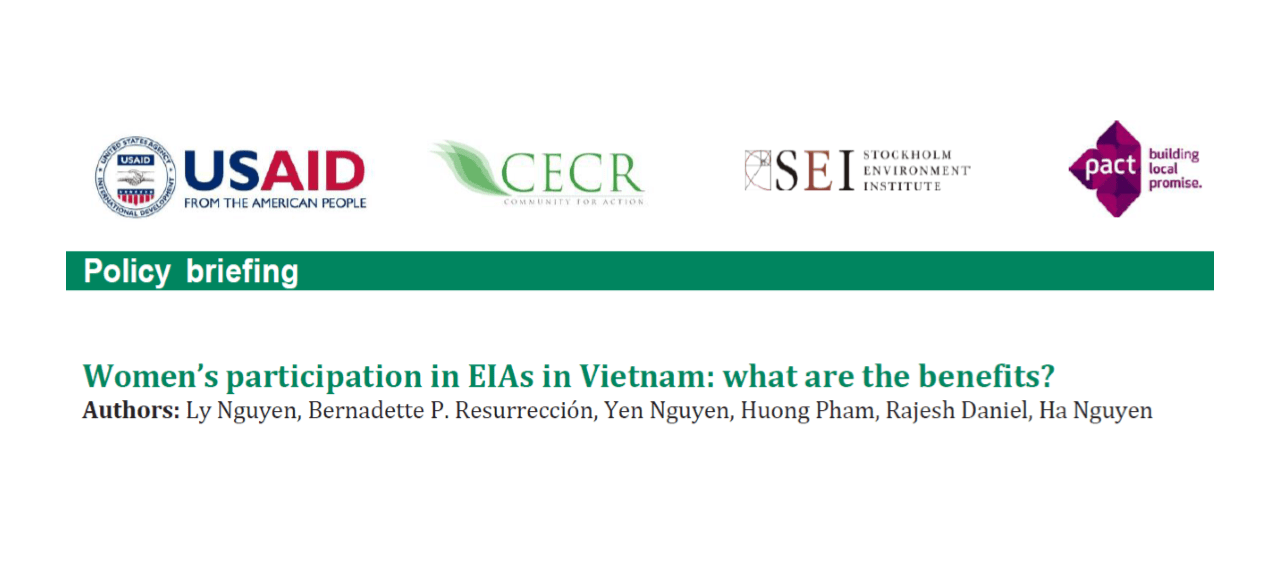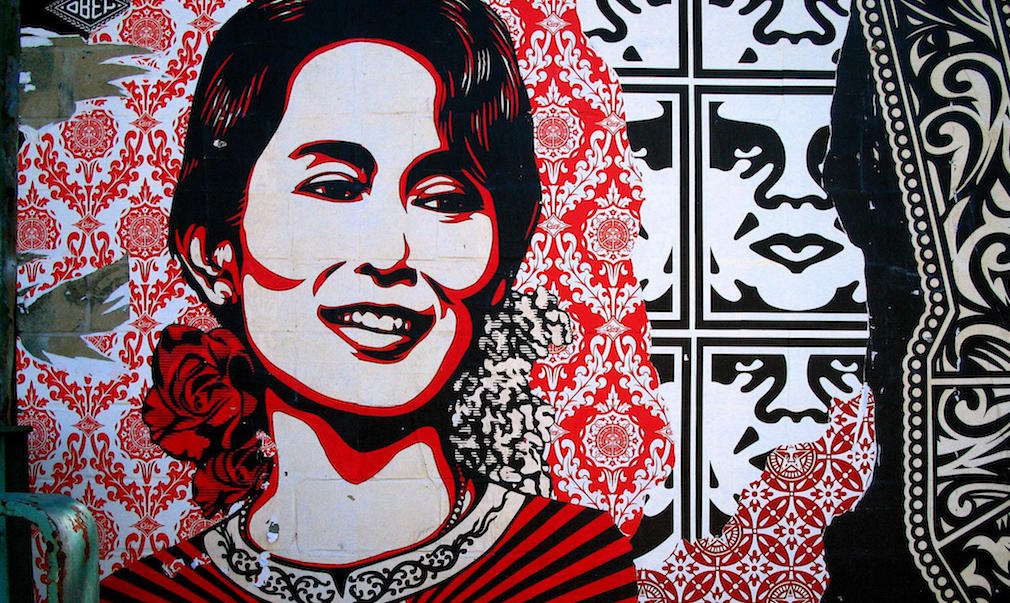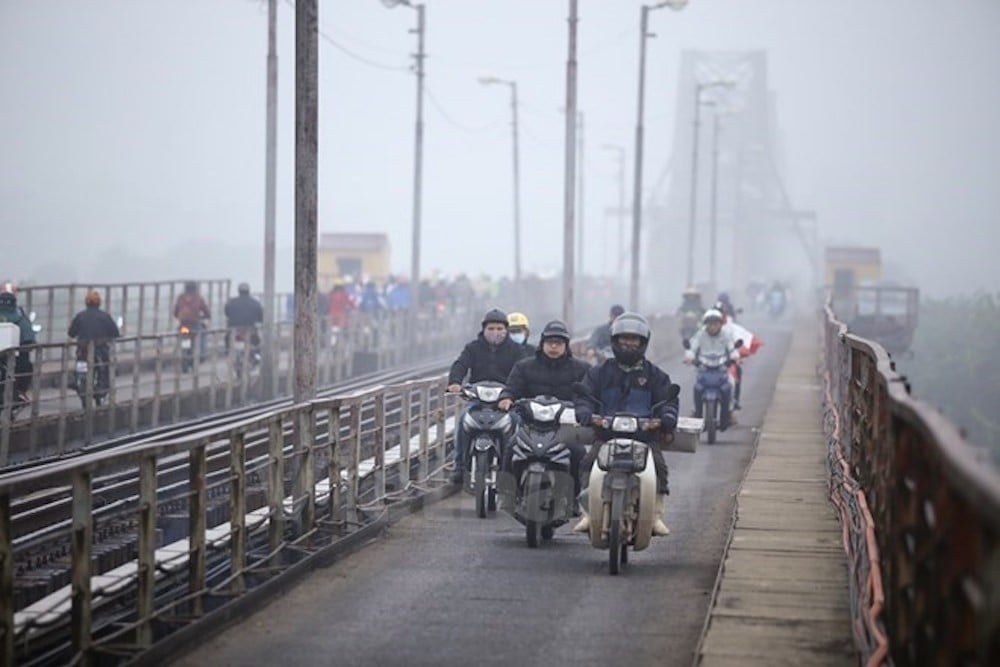A local company says it will pursue plans to build a 50-megawatt coal-fired power plant in Tanintharyi Region once it has secured permission from Myanmar Investment Commission (MIC), despite continuing opposition from the community. “Residents were not informed when the company signed an MoU to build the plant, the company said it has completed an environmental and social impact assessment but it hasn’t shown us the results,” said the villagers.
Category: Region
Selected environmental stories from media outlets in the Mekong region and beyond.
Groups to hold ‘day of action’ to protest Salween dams
Last weekend thousands of people are expected to assemble on the banks of the Thanlwin or Salween River for a special event to remind the new government and foreign investors that ethnic people stand in solidarity to defend their river and their democratic and human rights against a series of dams that threaten their livelihoods, cultural sites, and homes.
Thai Ministry of Natural Resources confirm order will not put pressure on EIA approval process
Environmental scholars and a network of Civil Society Organizations protested against NCPO’s order no. 9/2559 which permits the state enterprises to select private companies to initiate their projects before an environmental impact assessment (EIA) gets approval. On March 10, the Ministry of Natural Resources and Environment as the primary agency responsible for the preparation for EIA reports, clarified regarding the concerns raised by academics and the CSO network that called for review and cancellation of the order.
China releasing water to drought-stricken Mekong River countries
China will discharge water from a dam to the lower reaches of the Mekong River to alleviate drought in Laos, Myanmar, Thailand, Cambodia and Vietnam, the Foreign Ministry said Tuesday.
“We will release emergency water supply from Jinghong Hydropower Station from May 15 till April 10,” the ministry’s spokesperson Lu Kang said at a regular news briefing.
Vietnam has asked China to discharge more water from the hydropower station in southwest China’s Yunnan Province to help overcome drought on the Mekong Delta.
Mekong River originates in China and runs through Myanmar, Laos, Thailand, Cambodia and Vietnam. It is known as Lancang in the Chinese stretch.
China and the five countries along the Mekong are friendly neighbors and assistance like this is natural, Lu said.
Groundwater shortage could jeopardise 1.5 million farmers: study
Amid late-arriving rains and increasingly unpredictable weather patterns, groundwater supplies are shrinking, a fact that could leave 1.5 million Cambodian farmers unable to water their crops within 15 years, according to a study published last month in the Journal of Hydrology.
The study by Laura Erban and Steven Gorelick of the department of earth system science at Stanford University found that a growing reliance on groundwater use – which has grown by 10 per cent annually in recent years – may drop the water table below the “lift limit” of suction pump wells.
“Extensive groundwater irrigation jeopardises access for shallow domestic water supply wells, raises the costs of pumping for all groundwater users, and may exacerbate arsenic contamination and land subsidence that are already widespread hazards in the region,” the study authors wrote.
Even if the Kingdom starts drawing more irrigation water from rivers and lakes, its options are limited, the study found.
Order flawed but regime doesn’t care
In plain words, the NCPO’s order No.9/2559 can only quicken projects when it assumes the EIA and EHIA will be approved as a rubber stamp. All other attempts to justify it are illogical.
But then again, there is a similar failed logic here as in past suggestions that people grow velvet beans instead of rice, shower less in the face of drought or refrain from making sparks to avoid wildfires.
As the military regime lingers on, the daily dose of illogicality is increasing and becomes more flagrant. If a fast-track solution is ever needed, it’s to expedite the exit of one immodest man’s rule to the more sensible one-man, one-vote.
Current Status of Dam Projects on the Salween River
Much of the mighty Salween River continues to flow freely. Beginning in the Tibetan Himalayan Mountain Range, the river meanders through China’s Yunnan Province where it runs parallel to the Mekong and Yangtze Rivers, forming the Three Parallel Rivers of Yunnan Protected Areas, a UNESCO World Heritage site. It then flows across the Burma (Myanmar) border into Shan State, and on into Kayah (Karenni) State, forming the border between Burma, in Karen State, and Thailand, in the Mae Sariang and Sob Moei Districts of Mae Hong Son, before flowing into Mon State and emptying into the sea at Moulmein. The entire length of the river is 2,800 kilometers.
The Salween River is home to a large number of diverse ethnic groups and is a rich hub of natural resources. It is a highly complex ecosystem, teeming with life. Unlike other major rivers around the world, the Salween remains largely untouched by man-made developments.
POLICY BRIEF: Women’s participation in EIAs in Vietnam: what are the benefits?
Center for Environment and Community Research (CECR) conducted policy research to investigate the nature, extent, constraints and outcomes of women’s participation in two development project sites in Vietnam. These project sites were the Trung Son Hydropower Project funded by the World Bank and the Phu Hoa Landfill Project supported by the Asian Development Bank. Both projects have undergone EIA processes.
Myanmar : Aung San Suu Kyi and China’s Options
Bhaskar Roy As Myanmar nears a historic political transition, the incoming National League for Democracy (NLD) will have a lot on their plate. They will face the enormous challenge of steering the country according to their plans. Having struggled for two and a half decades against a hardline military rule, they will have a clearer […]
Is Hanoi more polluted than Beijing?
Aqicn.org, the website which provides real-time figures about the air pollution levels in cities all over the world, showed that the PM2.5 Index (the fine dust particles less than 2.5 micrometers in diameter) in the air in Hanoi in the last two days reached 388 microgram per cubic meter at maximum and 114 microgram per cubic meter at minimum.
Vietnam’s PM2.5 national standard is 50 microgram per cubic meter. Meanwhile, the level recommended by WHO is 25 micrograms.
This means that the dust concentration in the air in Hanoi in the last days was higher than the allowed level by 2-8 times.


